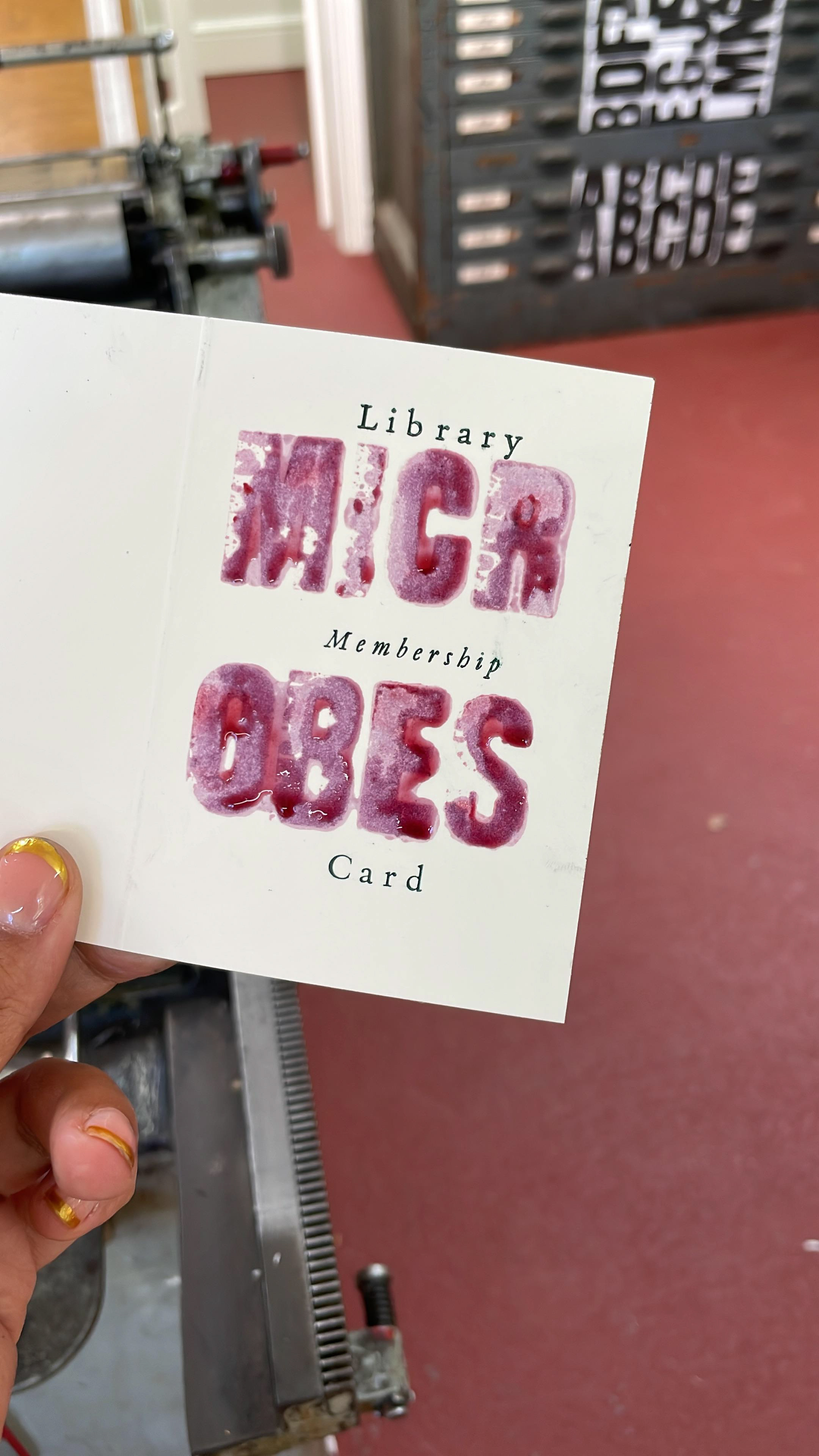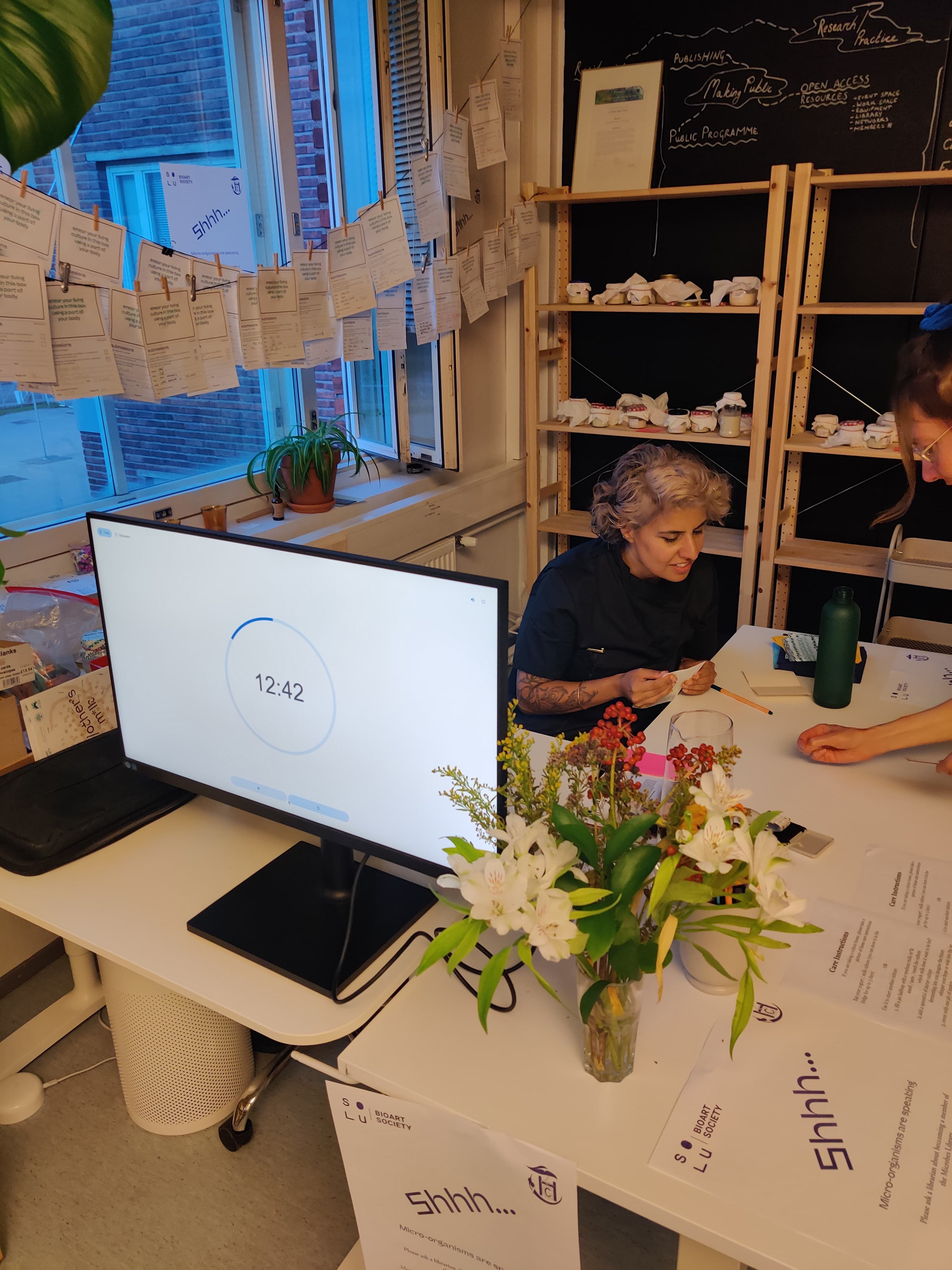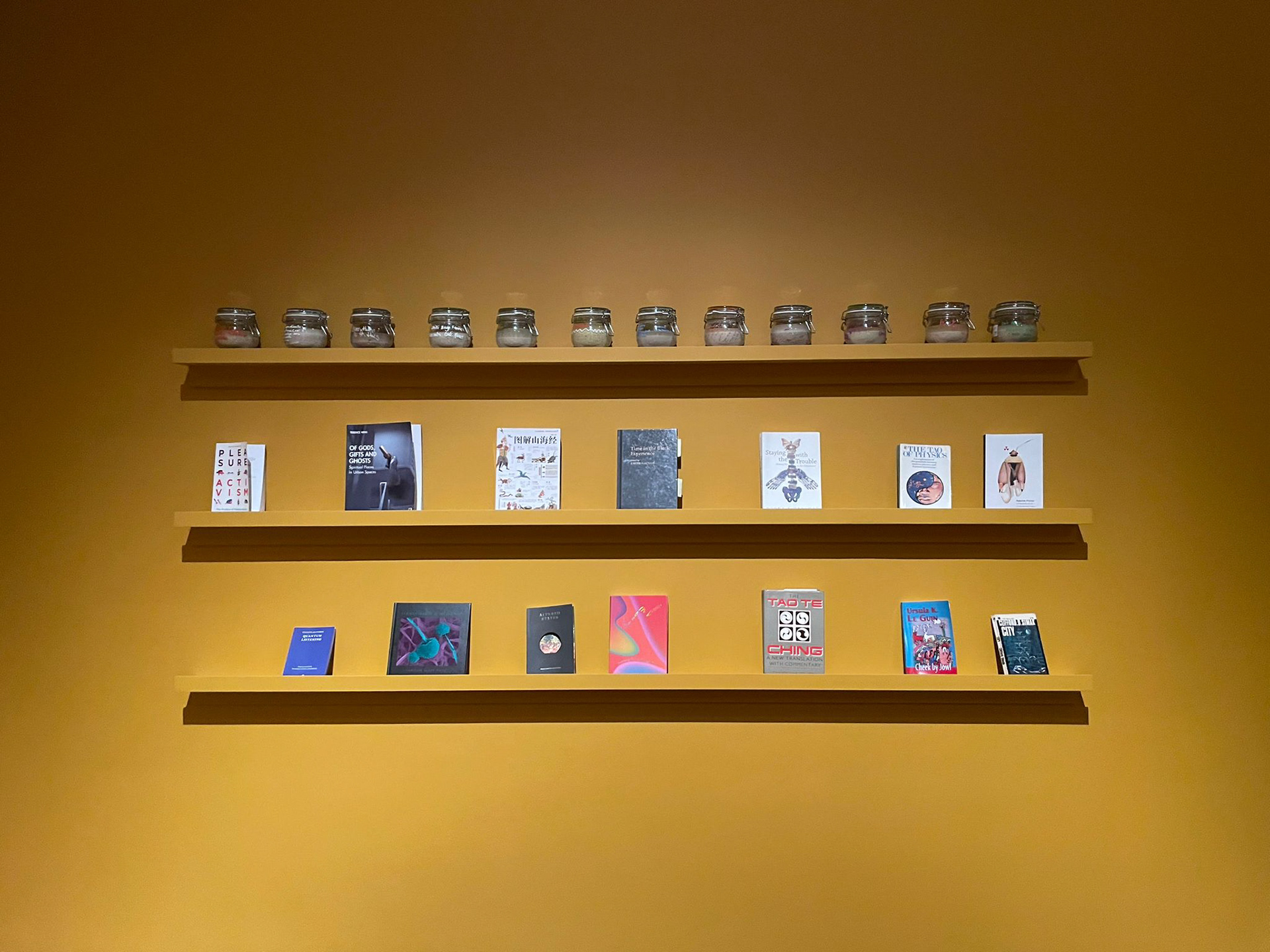


The Microbes Library is a project that explores microbial practices in the kitchen and home as living archives of more-than-cultural, human scientific and ecological worldmaking. The project combines archival research into historic fermentation practices with oral histories of women in the kitchen, landscape and community spaces as an experimental practice of ‘ethnomicrobiology’ (Tsai et al, 2022). Utilising the structure of a library (seed, tool, book, music), the work proposes the archival of living practices through a collection of resources that will be stewarded on-site physically and digitally, yet will be made publicly accessible for ‘borrowing’. Through a series of interviews and workshops with collaborators, researchers will explore the theme of human-microbial cultural inheritance in their own contexts and histories as a precursor to the building the library
Human bodies are holobionts composed of a host and trillions of microorganisms whose collective functioning keeps the whole alive. As ancestors, allies, and symbiotes, microbes have lived alongside us as long as we have lived. Human symbioses with microorganisms are an important adaptation and survival strategy that have shaped us and the world around us in important and meaningful ways. Yet, like many forms of biodiversity, global microbial biodiversity is under threat from climate change and an increasingly industrialised food system and a loss of land-based knowledge about heritage food practices. Microbial inheritance is often understood as taking the form of vertical genetic inheritance, yet it can also be the stories, foods, medicines and cultural practices that we inherit through which we can trace the ways humans have been entangled with microorganisms. The Microbes Library is a project that frames microbes as heirlooms that are passed down intergenerationally from our ancestors, and which can be shared as resources and allies between communities as a way to build multispecies solidarities and microbiocultural resilience.
The work is inspired by European and Global South fermentation practices, sauna culture, heritage seed libraries and recent attempts to codify and monitor the human microbiome, and will comprise a series of community collaborations and public engagement workshops. At the events, participants and collaborators will be asked to consider what expanded practices of microbiosociality and microbiopolitics, that can incorporate sensory, embodied and creative practices, might look, feel, smell, sound, and taste like.
If you’re interested in collaborating on this project, please email: hello@kaajalmodi.com
The work is inspired by European and Global South fermentation practices, sauna culture, heritage seed libraries and recent attempts to codify and monitor the human microbiome, and will comprise a series of community collaborations and public engagement workshops. At the events, participants and collaborators will be asked to consider what expanded practices of microbiosociality and microbiopolitics, that can incorporate sensory, embodied and creative practices, might look, feel, smell, sound, and taste like.
If you’re interested in collaborating on this project, please email: hello@kaajalmodi.com